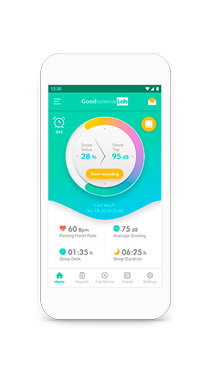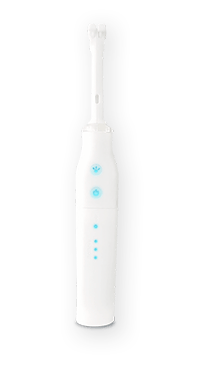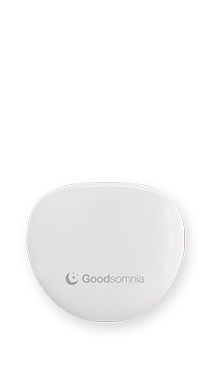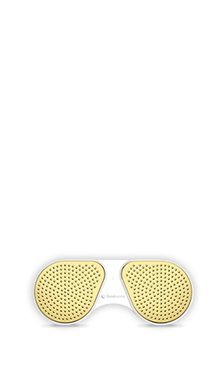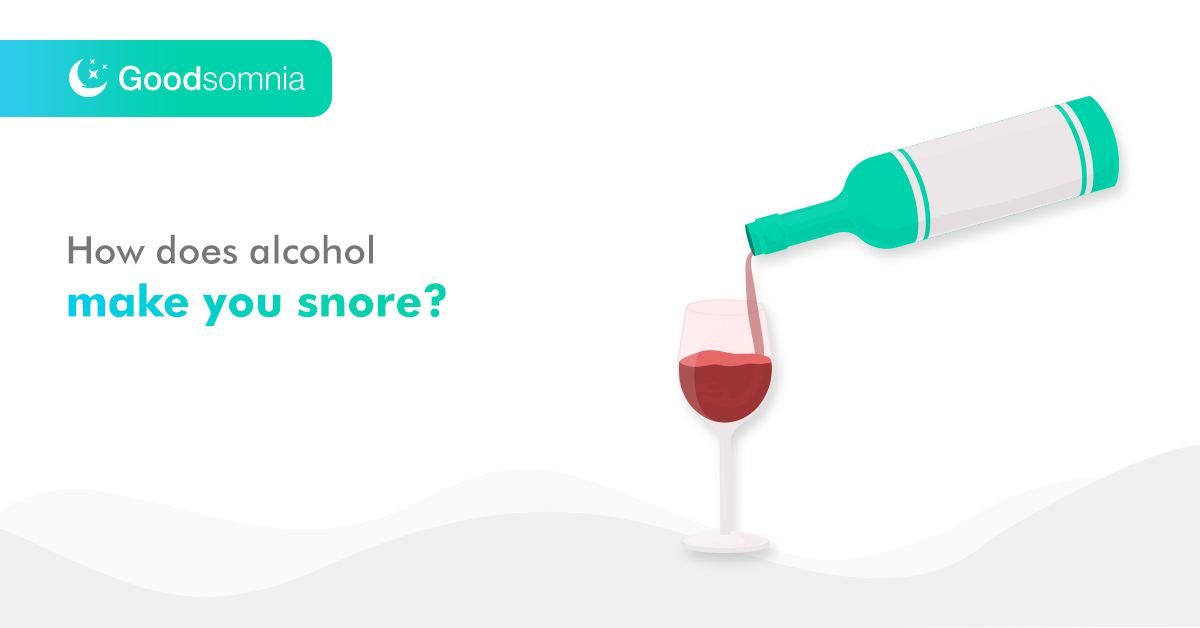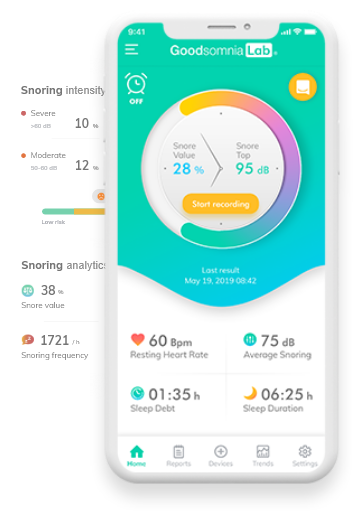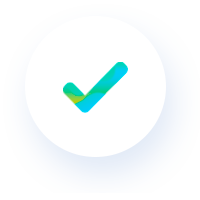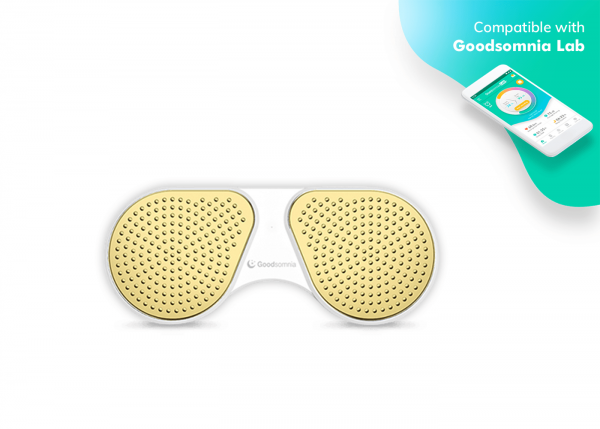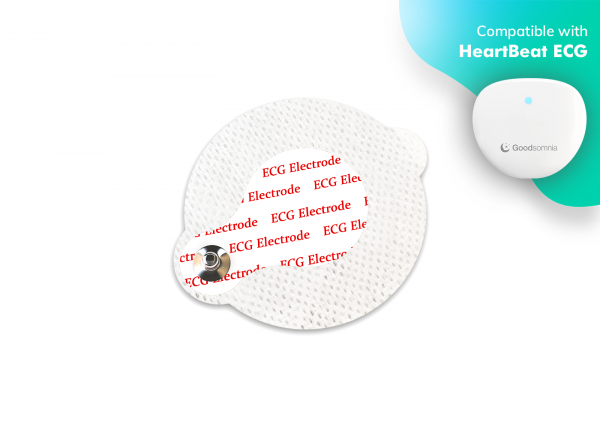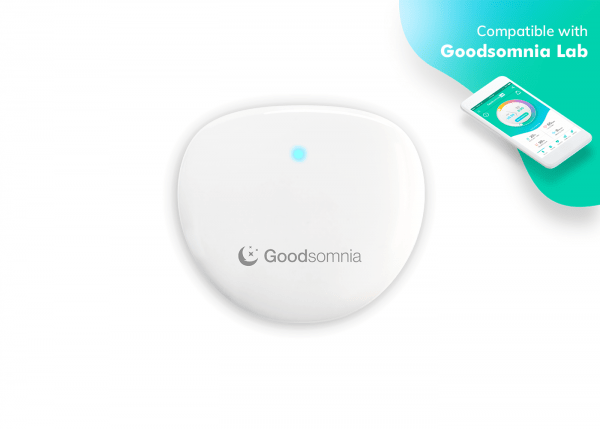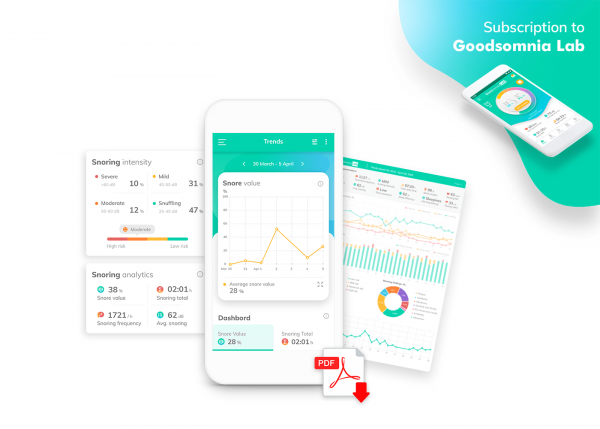Having a glass of wine at dinner sounds good, and it may be useful for your sleep and health too. But alcohol has two sides, and one of them is that it causes snoring problems. Here we’ve tried to figure out how alcohol affects sleep, causes snoring and a possible way out.
Does alcohol cause snoring?
Alcohol is a depressant, so it slows down brain activity and leads to faster sleep falling. But habitually drinking alcohol causes snoring and OSA too. When alcohol gets inside our body, the brain and muscles, including those of the throat, relax. This causes a blockage of the airway, making it harder for the air to reach our lungs. To satisfy the body’s need for oxygen, you forcefully inhale air, causing vibration and snoring sounds. As a result, drinking alcohol and snoring sleep apnea are very close.
Connection and why does alcohol make you snore more?
Digging deeper, the connection between alcohol and snoring is not only about relaxing muscles. Numerous other processes are happening in our body when we go to sleep after drinking, which causes snoring and low quality sleep. These include:
- REM sleep is delayed. It’s proven that alcohol blocks the REM sleep stage, so a person doesn’t have time for memory consolidation and rest.
- Circadian rhythm is interrupted. Alcohol in your blood triggers sleepiness very fast, but it subsides as quickly as it came, so you’re more likely to wake up in the middle of the night.
- Dry throat. Loud snoring after drinking alcohol is often caused by dryness in your mouth and throat muscles. Alcohol dehydrates you, and this iswhy alcohol makes you snore louder.
How to stop snoring if I drink alcohol?
The best advice should be stop drinking. But what if it’s too late and you have already grabbed a couple of glasses? Here’s some hands-on advice on how to stop snoring after drinking alcohol.
- Sleep on your side
- Do anti-snoring exercises
- Use mouth guards and mouthpieces
These are only basic recommendations. Keep in mind; alcohol is not the one way to relax before sleep. Try meditation, a warm bath or book reading as alternatives. These don’t lead to snoring and overall health problems. Snoring and alcohol are not necessarily linked, but drinking a lot can increase the chances of OSA and disturbed sleep.
Also, don’t forget about controlling the problem in its initial stages. Goodsomnia Lab is a free snore tracker app that can monitor how frequent and loud your snore is. The app gathers all the data about your sleep and snoring, and generates a report with recommendations. You can share it with your doctor at the next appointment.
Hopefully, now you have a more precise answer to “why do I snore when I drink alcohol?” And last but not least, the less you drink, the better your sleep will be.

